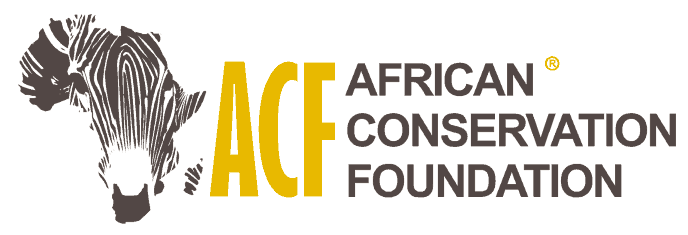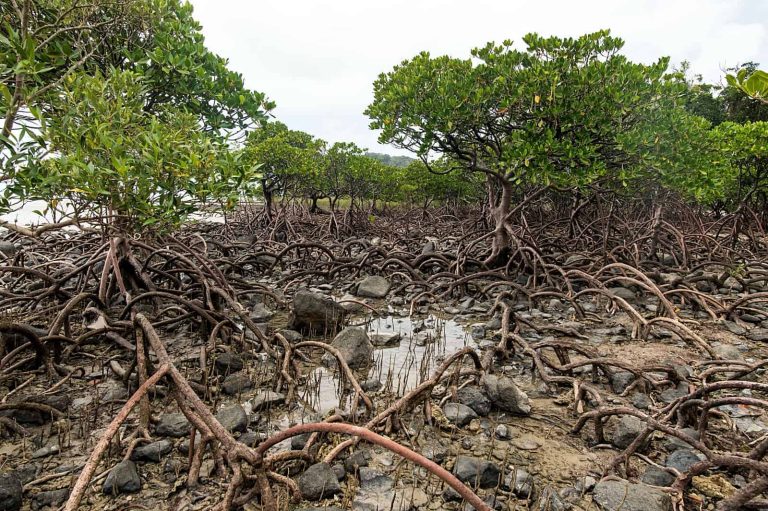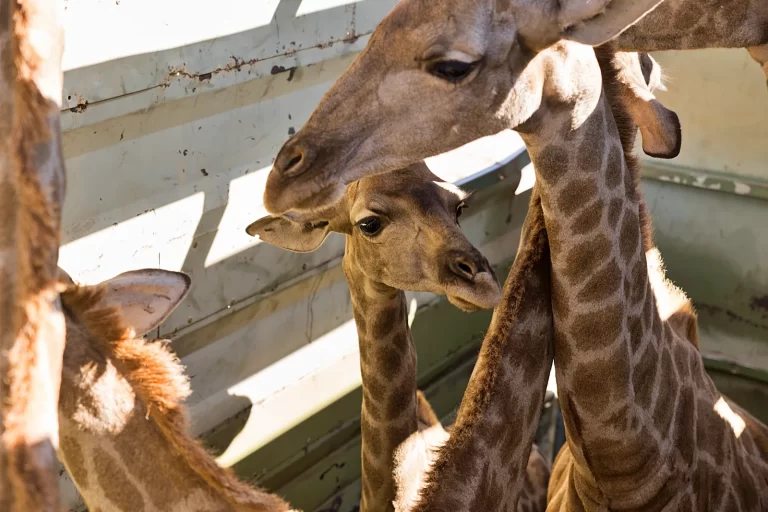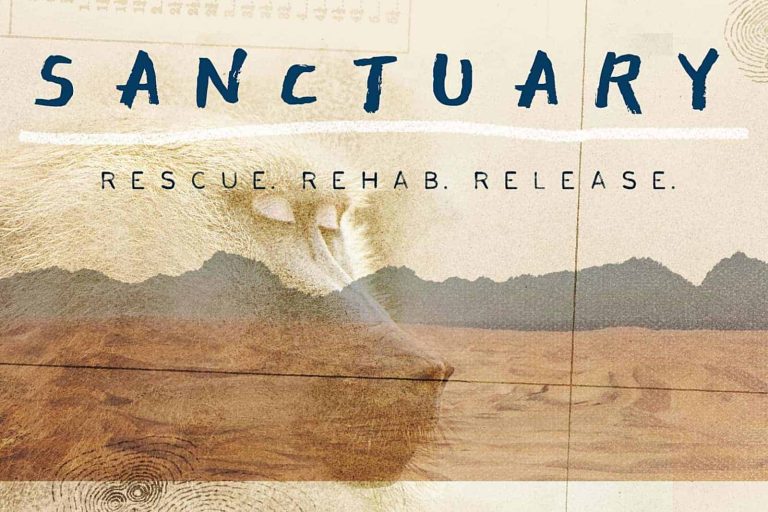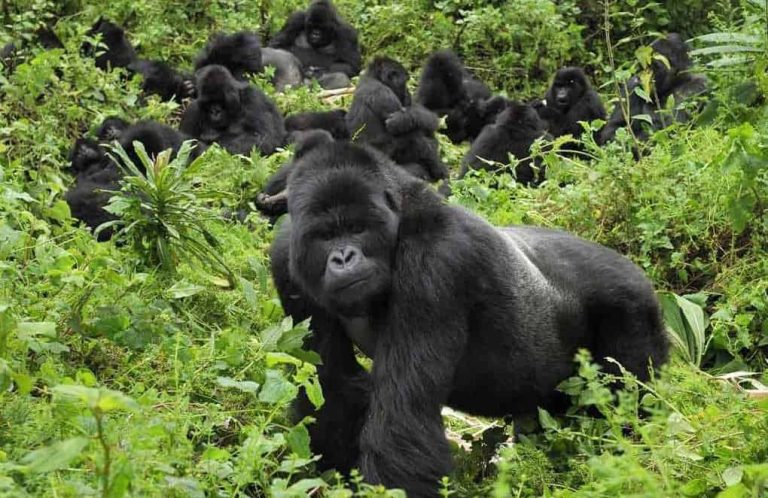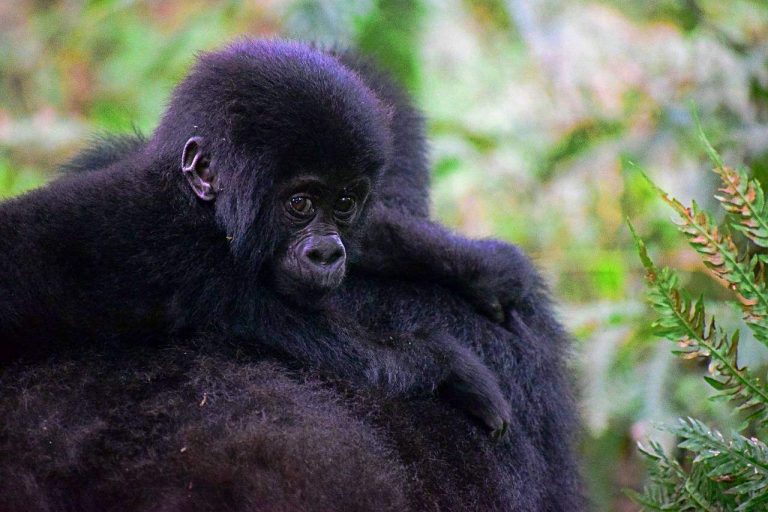216 New Species Now Protected Under Malawi Law
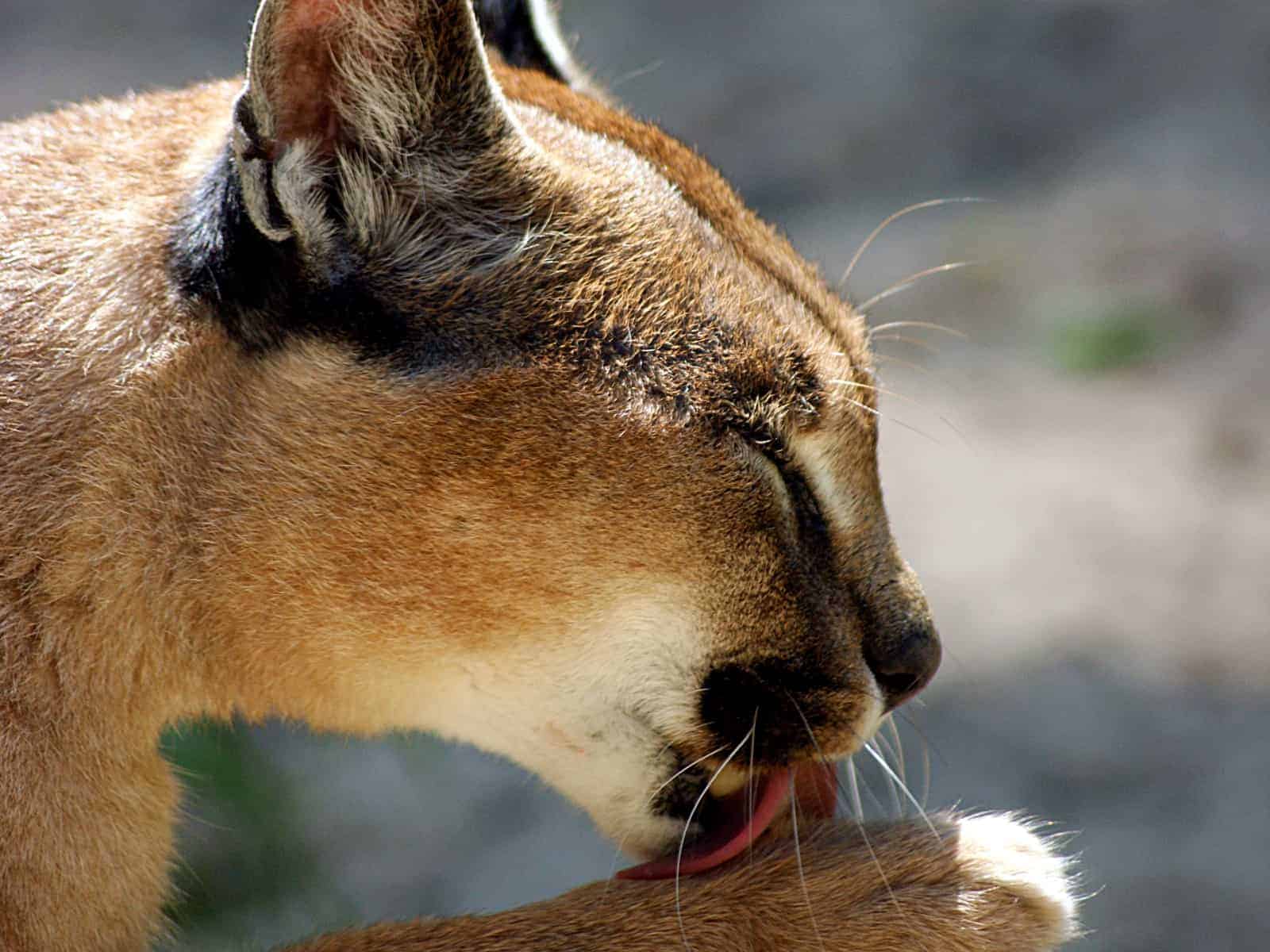
Malawi Parliament last month passed new regulations that place an additional 216 species under protection. The regulations form a critical secondary law to the National Parks and Wildlife Act (NPWA), which came into effect in 2017, and which most notably increased the maximum penalty for wildlife crime to up to 30 years in prison.
Illegal wildlife trade represents one of the greatest threat to the world’s wildlife, which is facing an extinction crisis. According to a the WWF Living Planet Index report published in 2016, there has been a 58% overall decline in the numbers of fish, mammals, birds and reptiles worldwide since 1970. Scientists have estimated that species are going extinct at a rate that’s roughly 100 times higher than normal, and this is leading to the collapse of ecosystems which could affect the very survival of humankind.
The regulations also protect thousands of others by including species from two international lists that form the world’s most complete record on the global conservation status of species – the IUCN red lists and CITES Appendix listings, and was written with the top scientific, conservation and species experts in Malawi. They list the three groups of species that are now protected under the NPWA as follows:
Protected species
This is any species – mammal, bird, reptile, amphibian, invertebrate, fish, fungi or plant – in a protected area (a national park, wildlife reserve or forest reserve). This category is important because it protects species that are not already recorded as endangered or listed, such as warthogs. It also protects trees, like the Mopane rosewood, from deforestation and illegal logging, as well as the unique species of fish found in Lake Malawi National Park. A conviction for possession or dealing of a protected species holds a penalty of a fine of up to K5,000,000 and/or up to ten years in prison.
Endangered species
The are many species recorded as endangered under the new law, including caracals, servals, civets, blue monkeys, antelope such as impala, duiker and waterbuck, reptiles such as the Nile crocodile, boomslang and leopard tortoise and birds including the African fish eagle, lilac-breasted roller and Marabou stork. The penalty for possession or dealing in an endangered species is up to 30 years in jail, with the option of a fine of up to K15,000,000.
Listed species
This records the most protected species in the National Parks and Wildlife Act and includes species that are unique to Malawi, such as the Mulanje cedar. Elephants, rhinos, leopards, lions, cheetahs and giraffes are all listed species, as are African wild dogs, Nyasa wildebeest and pangolins – the world’s most trafficked animal. A conviction for dealing or possession of a listed species holds the highest penalty – up to 30 years in jail, with no option of a fine.
Malawi has received international recognition for its strong and swift response to the threat of illegal wildlife trade, with new legislation being just one of a number of interventions introduced by the Malawi Government, which have included specialised wildlife crime investigations capacity and an Inter-Agency Committee to Combat Wildlife Crime.
For more information contact the Department of National Parks & Wildlife at dpw@wildlifemw.net
Source: www.lilongwewildlife.org
